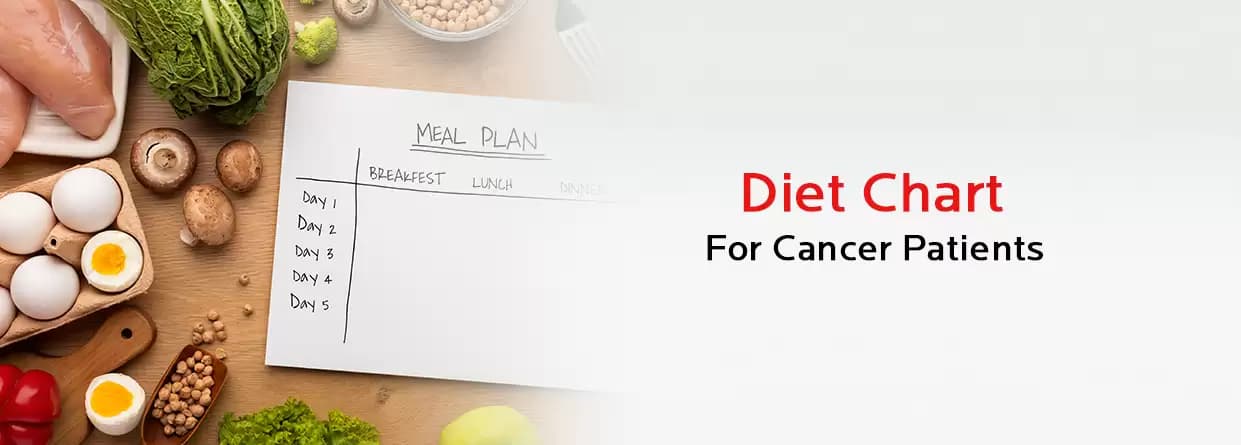
In this blog, we will discuss the importance of nutrition for cancer patients, including how diet can impact treatment outcomes, and offer comprehensive insights into diet charts for cancer patients.
Have you been diagnosed with cancer? Well, receiving a cancer diagnosis is surely a life-altering experience. You feel as if your world is shattered into pieces. But with constant and latest advancements in the technological field, these days cancer treatments have become much easier than before, decreasing the mortality rate to some extent. Alongside medical treatments, maintaining a well-balanced and nutritious diet plays a vital role in supporting the body during cancer treatment. If you are apprehensive about your treatment options, you can book your appointment with a leading oncologist in Kolkata at the Calcutta Medical Research Institute.
In this blog, we will discuss the importance of nutrition for cancer patients, including how diet can impact treatment outcomes, and offer comprehensive insights into diet charts for cancer patients. Please understand that this write-up involves information only and doesn’t construe the consultation of a doctor.
Cancer can negatively impact the body during its treatment course, influencing energy, appetite, and overall well-being. Enough nourishment is required to boost the immune system, assist recuperation, and decrease the adverse effects of medical procedures like radiation and chemotherapy. A healthy body can easily endure the psychological and physical toll that cancer takes. Here are some reasons why cancer patients should not compromise their diet during cancer treatment:
If you are undergoing cancer treatment, it is essential to focus on your diet as it impacts the way your body reacts. Always ensure getting in touch with your doctor before consuming the recommended food on your own. Here are some of the foods that must be included in the diet chart for cancer patients:
As it is important to include healthy foods in your diet during cancer treatment, the following is a list of food options that should not be included:
A balanced, nutrient-rich diet can have a huge influence on a patient's overall health during the complex process of cancer treatment. By understanding the significance of nutrition, the integration of healthy foods, and the avoidance of harmful decisions, cancer patients can reinforce their bodies, boost their resilience, and increase their standard of living. Ensure seeking advice from medical specialists, such as dietitians, to plan a customized eating plan fulfilling individual requirements that improve ongoing medical care. By adopting a comprehensive approach that blends medical knowledge with an adequate diet chart for patients, they can take charge of their cancer battle.
There is no evidence that the keto diet is safe for cancer patients, as it can help some people but might harm others. So, the keto diet is not recommended for cancer patients as a precautionary measure.
Yes, cancer patients can surely eat chapati, as carbohydrates are essential and they can also include whole wheat bread, rice, whole wheat noodles, oats, potatoes, etc.
Yes, cancer patients can eat rice without any guilt, as it is recommended as part of maintaining nutrition and overall well-being.
Written and Verified by:
-Dr.-Indranil-Khan-(-Oncology-).webp&w=256&q=75)
Dr. Indranil Khan is a Consultant in Clinical Oncology Dept. at CMRI, Kolkata, with over 8 years of experience. He specializes in chemotherapy, radiotherapy, immunotherapy and advanced cancer treatment modalities with a focus on precision, palliative care, and patient-centred treatment
Similar Oncology Blogs
Book Your Appointment TODAY
© 2024 CMRI Kolkata. All Rights Reserved.